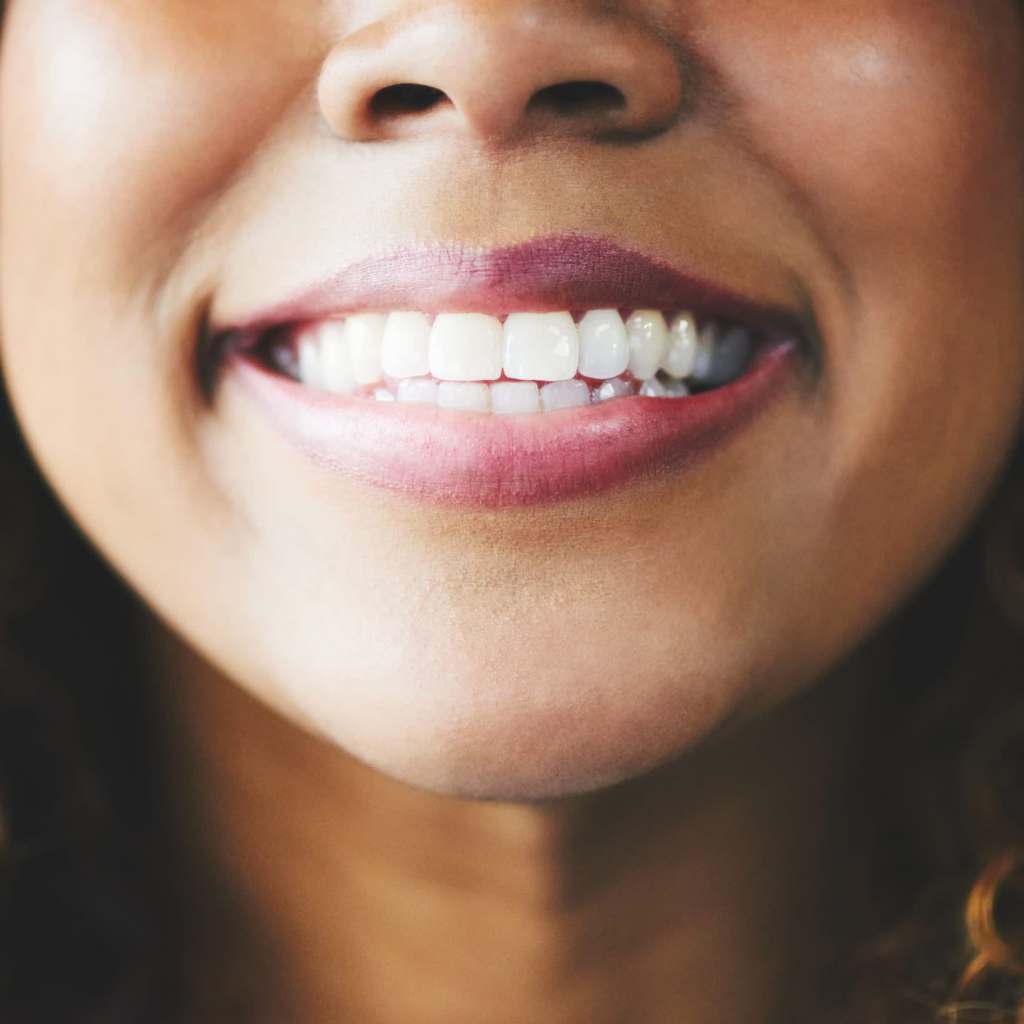Maybe it’s the throbbing jaw pain that clued you in, or perhaps it was your dentist who noticed worn enamel or even flattened teeth. Either way, you’re grinding your teeth, and now you need to figure out how to stop. Turns out, a mouth guard is not the only option.
While the tool can help, there are several ways to address this issue – and consulting with your dentist is step one.
“Your dentist can help you understand your personal situation and develop a treatment plan to deal with the issue,” Dr. Matt Messina, DDS, an ADA spokesperson, says. “A mouth guard can help many people, but that’s not the first or only treatment we may consider.”
Before we get into that, let’s review common causes behind teeth grinding – starting with stress.
“When under stress, the body releases hormones that prepare us to fight or flee from danger,” Dr. Messina explains. “A healthy response to stressful events is to do something physical, like walking, running, or yoga, which can burn off the excess energy in a positive way. Sometimes, the body responds to stress by random muscle movement (like shivering) or isometric muscle contraction (such as clenching and grinding teeth) as a way to release excess energy.”
That’s not to say you’ll always grind your teeth just because you’re doing it now, though. It’s an issue that can pop up and go away at different times during your life.
With the immense uncertainty the world is experiencing this year, it’s interesting to note that Dr. Messina says that more than half of dentists surveyed by the American Dental Association (ADA) Health Policy Institute are seeing an increase of patients with dental conditions that are often associated with stress. Some of these include teeth grinding, clenching, chipped and cracked teeth, and TMD symptoms like jaw pain and headaches.
Related: We Talked to a Dentist About the Dangerous Teeth Trends Going Viral on TikTok
Grinding and clenching isn’t exclusive to bedtime, either.
“Daytime clenching or grinding is usually done when someone is concentrating heavily on something, like driving or working on the computer,” Dr. Messina says. “During the day, we can become aware of the clenching or grinding, and then we have the power to make ourselves stop. As dentists, we work to call attention to these behaviors for patients and work with them to develop relaxation techniques that they can implement when they are aware of the clenching or grinding.”
Obviously, getting this habit under control at night while you’re asleep could be slightly more difficult. “That’s why an appliance that people wear at night can be so effective to break the habit, or at least mitigate the damage and protect your teeth,” Dr. Messina explains. In some situations, muscle relaxant medications might be used in more involved cases, too.
Related: Bad Breath and Canker Sores – Here’s How Hormones Can Impact Your Oral Health
And like we mentioned above, it’s not the only option for treatment.
“A thorough examination of your teeth bones and muscles is the way to begin,” Dr. Messina says. “We can consider relaxation techniques, exercise programs, and changes in diet and sleep patterns. Sometimes, just talking about the issue and making the patient aware of what they’re doing to their teeth and muscles is a step in the right direction.”
So if you’re suspecting you’re clenching in your sleep – or even during the day while working through endless emails – your best bet is to contact your dentist for personalized advice.
Click here for more health and wellness stories, tips, and news.

